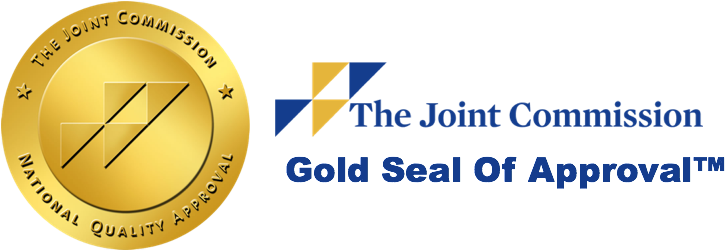Manic episodes can be both worrisome and unnerving. One of the primary reasons for these responses is that many people are unfamiliar with what to expect from a manic episode or what may cause one to occur. This is why learning to spot the warning signs of a manic episode can be both helpful for the individual who is struggling and comforting for the loved ones around them.
What Is a Manic Episode?
To better recognize the warning signs of a manic episode, one can benefit from getting an overview of what manic episodes are. A publication by the Substance Abuse and Mental Health Services Administration (SAMHSA) titled DSM-5 Changes: Implications for Child Serious Emotional Disturbance notes that a manic episode is “[a] distinct period of abnormally and persistently elevated, expansive, or irritable mood and abnormally and persistently goal-directed behavior or energy, lasting at least 1 week and present most of the day, nearly every day (or any duration if hospitalization is necessary).”
Manic episodes are also distinctly associated with specific mental illnesses. These include seasonal affective disorder, schizoaffective disorder, cyclothymia, and postpartum psychosis. However, the most common mental illness associated with manic episodes is bipolar I disorder.
It is also true that substances and alcohol can cause a state that mimics manic episodes. According to the journal titled Alcohol Research & Health, “Alcohol intoxication can produce a syndrome indistinguishable from mania or hypomania, characterized by euphoria, increased energy, decreased appetite, grandiosity, and sometimes paranoia. However, these alcohol-induced manic symptoms generally occur only during active alcohol intoxication, which makes them fairly easy to differentiate from mania associated with bipolar I disorder.” Those are not the only characteristics of a manic episode (or a mimicked manic episode).
What Are the Warning Signs of a Manic Episode?
There are many distinct characteristics and signs of a manic episode. According to the clinical write-up titled Mania by authors Dailey and Saadabadi, “The defining characteristics of mania are increased talkativeness, rapid speech, decreased need for sleep, racing thoughts, distractibility, increase in goal-directed activity, and psychomotor agitation. Some other hallmarks of mania are an elevated or expansive mood, mood lability, impulsivity, irritability, and grandiosity… Mania also commonly presents with psychotic features, which include delusions or hallucinations.”
Other warning signs of a manic episode include an inflated sense of self-esteem, paranoia, and a sense that they cannot be harmed by outside entities. Additionally, someone becomes much more willing to engage in activities that could result in negative consequences. These activities may include risky sexual or illegal behaviors, as well as an increased likelihood of alcohol and/or substance misuse. These symptoms are also often followed by an intense period of depression.
How to Help Someone Who Is Having a Manic Episode
The best way to help someone who is experiencing a manic episode is to seek professional help as soon as possible. Usually, people who are experiencing an intense manic episode need to be treated with medication under the strict supervision of medical professionals.
Many people having a manic episode also need to be hospitalized until the period of mania starts to subside. However, it is important not to speak in negative terms regarding medication and hospitalization to a person having a manic episode. This type of negative or commanding language can increase the paranoia that is often present during a manic episode. Instead, it is best to inform the person of what they are experiencing and it will pass if they accept some help.
If someone who is experiencing a manic episode is unwilling to accept help and becomes a danger to themselves or others, seeking outside help becomes vitally important. People in the medical and mental health field will know what to do and will have a safe playbook to get the individual the help that they need. Yes, this may feel uncomfortable, especially if the individual must be hospitalized. However, it is important to remember that this is for their own safety, and they will see that too, once they are past their manic state.
Our Treatment Mission at The Phoenix Recovery Center
Here at The Phoenix Recovery Center, our treatment mission is simple: We aim to help anyone who is struggling with issues of addiction or mental illness get better “one day at a time.” We do this by utilizing individualized and comprehensive recovery plans that utilize some of the latest techniques and advances in psychotherapy, as well as some of the most tried and true experiential therapies and holistic recovery methods.
The iconic American poet, Walt Whitman, once wrote, “Keep your face always toward the sunshine – and shadows will fall behind you.” Our goal is to be that sunshine on the horizon line that people struggling with addiction or mental illness once thought impossible to see.
Experiencing a manic episode or seeing a loved one experience a manic episode can be alarming and upsetting. This is why it can be so beneficial to be able to recognize the warning signs of a manic episode so it can be addressed as soon as possible. It may be the difference between short-term consequences and long-term side effects. If you feel like you or a loved one is struggling with issues of mental illness, addiction, or both, we can help get you on the right road to recovery. For more information about bipolar disorder, manic episodes, and how to help someone who is experiencing mania, please reach out to The Phoenix Recovery Center today at (801) 438-3185.







